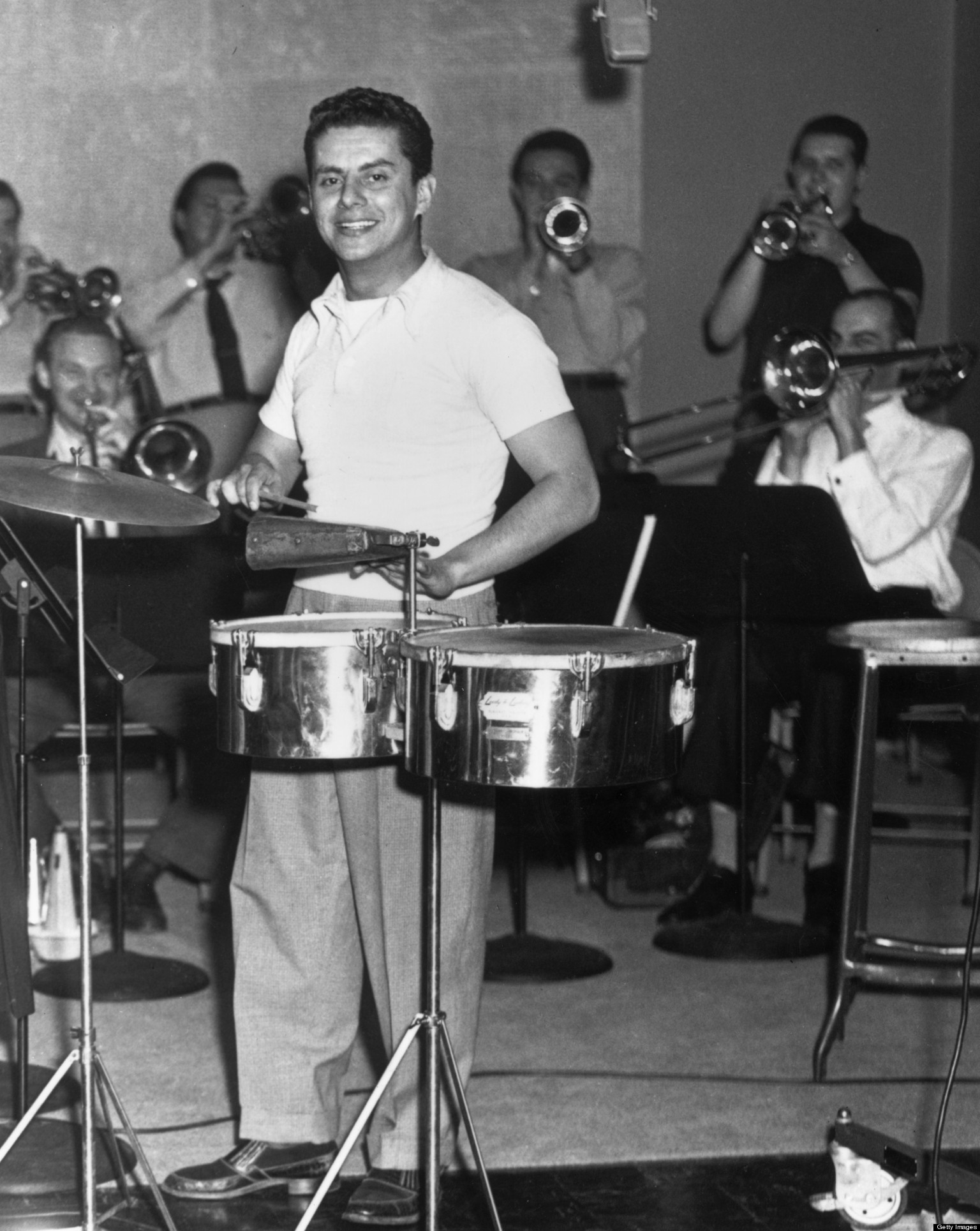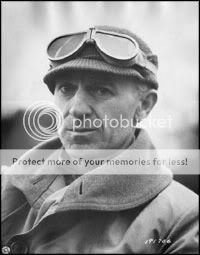Before Skype or internet chats, soldiers used to write letters to their parents, sweethearts, or families back home.
Furthermore, families had very little information about their sons at war. The news reports were about battles and soldier movements. Often, families would hear about the boys at war when a neighbor would be burying his son.
Pyle, born in Dana, Indiana, first began writing a column for the Scripps-Howard newspaper chain in 1935. Eventually syndicated to some 200 U.S. newspapers, Pyle’s column, which related the lives and hopes of typical citizens, captured America’s affection.
In 1942, after the United States entered World War II, Pyle went overseas as a war correspondent. He covered the North Africa campaign, the invasions of Sicily and Italy, and on June 7, 1944, went ashore at Normandy the day after Allied forces landed. Pyle, who always wrote about the experiences of enlisted men rather than the battles they participated in, described the D-Day scene: “It was a lovely day for strolling along the seashore. Men were sleeping on the sand, some of them sleeping forever. Men were floating in the water, but they didn’t know they were in the water, for they were dead.” The same year, he was awarded the Pulitzer Prize for distinguished correspondence and in 1945 traveled to the Pacific to cover the war against Japan.
On April 18, 1945, Ernie Pyle was killed by enemy fire on the island of Ie Shima. After his death, President Harry S. Truman spoke of how Pyle “told the story of the American fighting man as the American fighting men wanted it told.”
Pyle is buried at the National Memorial Cemetery of the Pacific on the Hawaiian island of Oahu.
About 20 years ago, or on the 50th anniversary of his death, I took the time to read some of his columns.
One of my favorite columns was “Digging and Grousing” from Africa 1943. It related the story of some GIs talking about a letter:
To get to the point, it was written by a soldier, and it said: “The greatest Christmas present that can be given to us this year is not smoking jackets, ties, pipes or games. If people will only take the money and buy war bonds … they will be helping themselves and helping us to be home next Christmas. Being home next Christmas is something which would be appreciated by all of us boys in service!”
Ernie Pyle had an amazing gift. He understood that his war reports would be read by soldiers at war, a wounded GI at a hospital, and a mother back home desperate to know what her son was going through.
I hope that our kids in school are learning about men like Ernie Pyle.
P.S. You can listen to my show. If you like our posts, please look for ”Donate” on the right column of the blog page.



